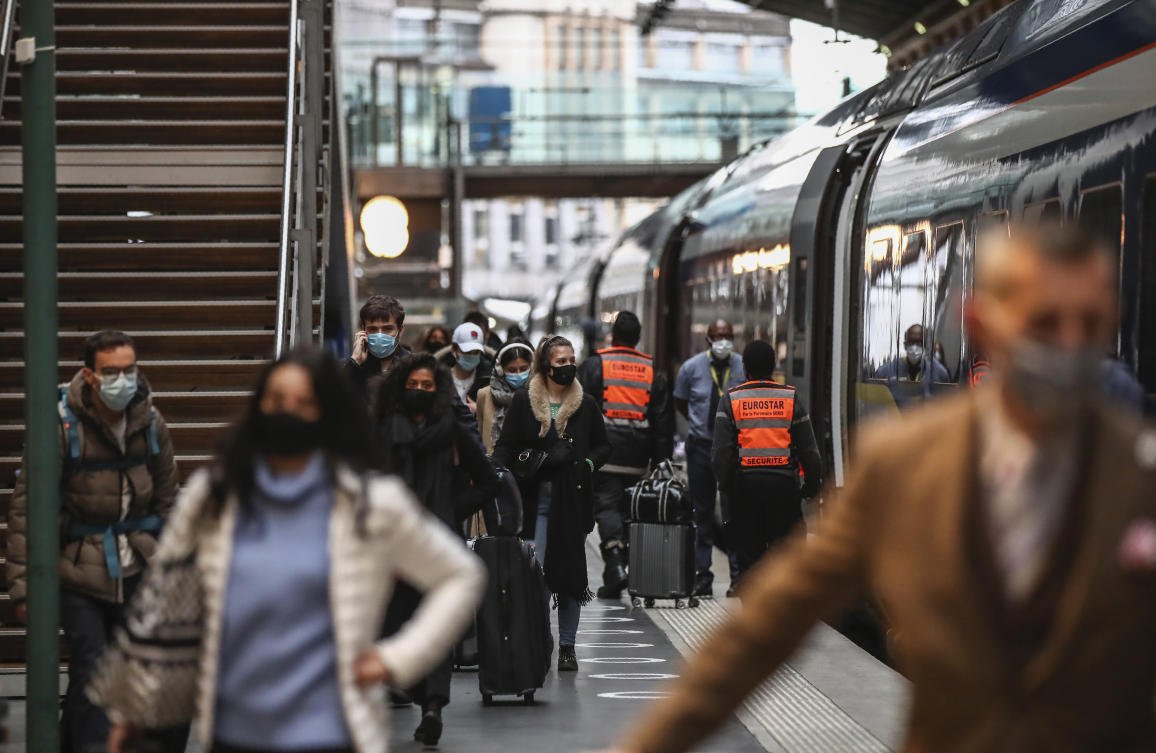
LONDON: Europe on Wednesday began easing travel bans on Britain put in place to contain a new strain of Covid-19 that UK officials believe is spreading faster as WHO experts were set to meet on a response to the variant.
The discovery of the new coronavirus type set off alarm bells worldwide just as vaccines are being rolled out to halt a pandemic that has claimed more than 1.7 million lives since it began a year ago in China.
But the European Commission has urged EU nations to reopen their borders to Britain and replace the blockades with mandatory tests for arrivals.
France’s relaxation of a 48-blockade meant stranded lorry drivers in the UK were finally offered a way home after thousands were blocked around the port of Dover for days.
Under France’s new rules, EU nationals and residents are allowed home with a negative Covid test, though Britons remain barred.
But given the back-up, some truckers feared there was little chance of making it across the English Channel in time for the holidays.
“Home for Christmas? Forget it,” said Laurent Beghin, a French trucker who delivered a cargo of paint to the UK on Sunday and was still stuck in England on Wednesday.
The Netherlands also said it was lifting its travel ban on the UK Wednesday but noted that all passengers, including EU citizens, must have a recent negative test to enter.
In the meantime, scientists are still trying to forge a plan to control the Covid-19’s various strains, with Europe’s branch of the World Health Organization to meet Wednesday.
WHO’s Europe director Hans Kluge wrote on Twitter that the organization would “discuss strategies for testing, reducing transmission & communicating risks.”
He added that “limiting travel to contain spread is prudent until we have better info.”
The new strain of the virus, which has also been detected in small numbers elsewhere, appears to spread more easily than other types but experts say there is no evidence it is more lethal or resistant to vaccines.
As the European Union prepares to kick off vaccinations across the bloc on December 27, Switzerland got a head start Wednesday by delivering its first jabs in the Lucerne region.
A care home resident in her 90s was the first to receive the Pfizer-BioNTech vaccine after it was approved by Swiss regulators.
“I am very satisfied that we have now been able to start vaccinations in the canton of Lucerne,” the region’s health services chief Guido Graf said.
Dubai also gave out its first jab Wednesday while Serbia and hard-hit Mexico are next in line with plans start vaccination on Thursday.
The co-founder of BioNTech has assured the firm’s vaccine is “highly likely” to work against the mutated strain detected in Britain.
And if not, the vaccine could be adapted in six weeks, said Ugur Sahin, adding that tests are already being run on the variant.
In the US, the world’s worst-affected country, top infectious disease specialist Anthony Fauci received his Covid-19 vaccine as officials continued to seek to build confidence among the public.
But President Donald Trump’s shock rejection of a $900 billion relief package passed by Congress raised concern.
Trump said he would refuse to accept the bill as it is and demanded changes, notably a big increase in the proposed $600 direct payments to less well-off Americans.
Lawmakers can override his veto if he goes through with it.
There was positive news in Australia, where Sydney eased lockdown restrictions for Christmas after the country’s largest city reported a second day of new cases in the single digits.
Egypt, however, called off all New Year’s celebrations in order stem a rise in cases.
The Czech government also extended its state of emergency and announced tighter restrictions including closing shops in the face of a spike of Covid-19 cases.
And in Thailand, meanwhile, elephants dressed up in Christmas costumes for an annual tradition gave out a pandemic-friendly gift to schoolchildren: baskets of face masks.
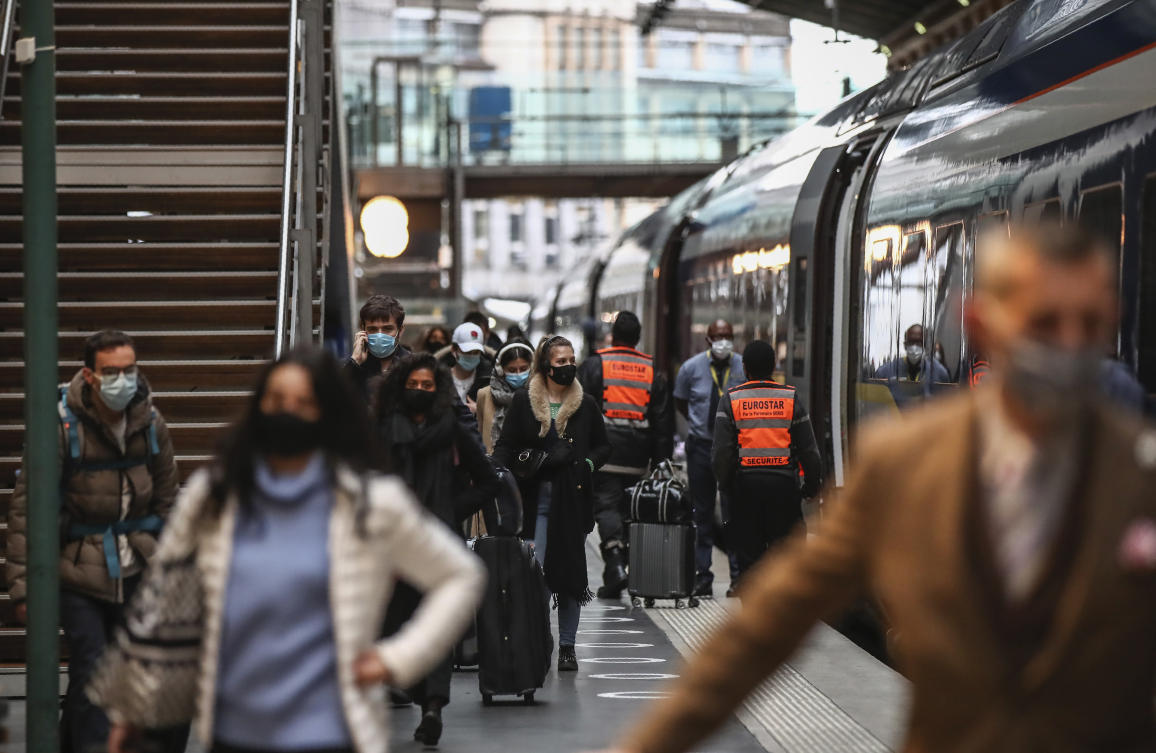
Carelessness may be fueling rapid spread of coronavirus mutation in UK, say WHO experts

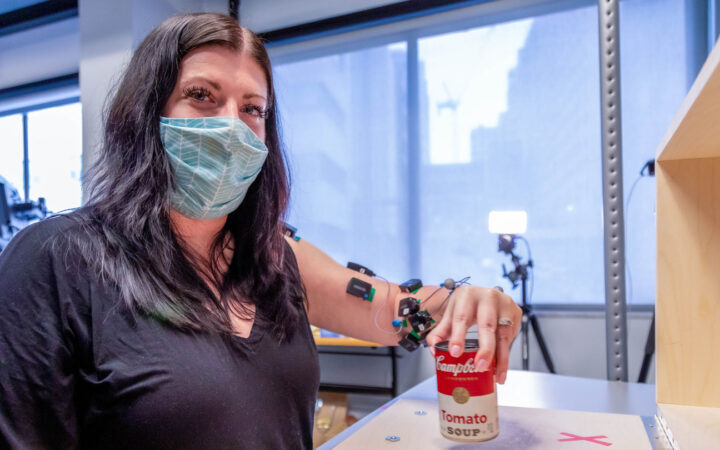 A new treatment could restore some mobility in people paralyzed by strokes
A new treatment could restore some mobility in people paralyzed by strokes  What has Perseverance found in two years on Mars?
What has Perseverance found in two years on Mars? 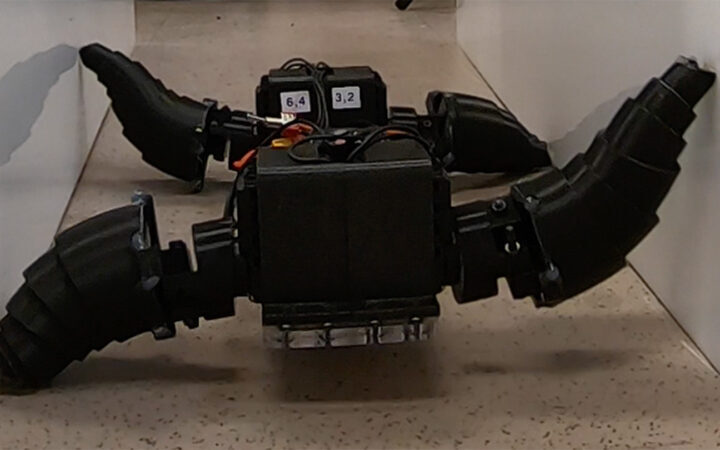 This robot automatically tucks its limbs to squeeze through spaces
This robot automatically tucks its limbs to squeeze through spaces 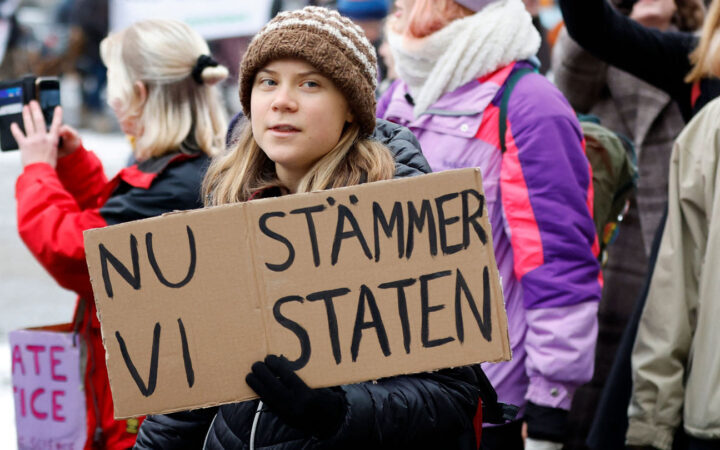 Greta Thunberg’s new book urges the world to take climate action now
Greta Thunberg’s new book urges the world to take climate action now  Glassy eyes may help young crustaceans hide from predators in plain sight
Glassy eyes may help young crustaceans hide from predators in plain sight 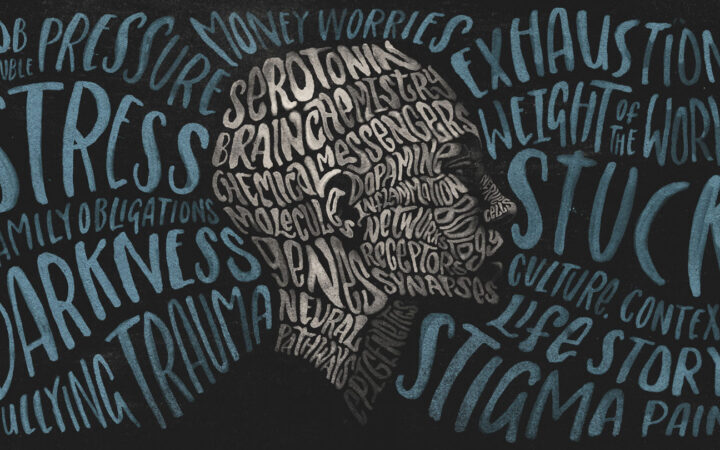 A chemical imbalance doesn’t explain depression. So what does?
A chemical imbalance doesn’t explain depression. So what does?